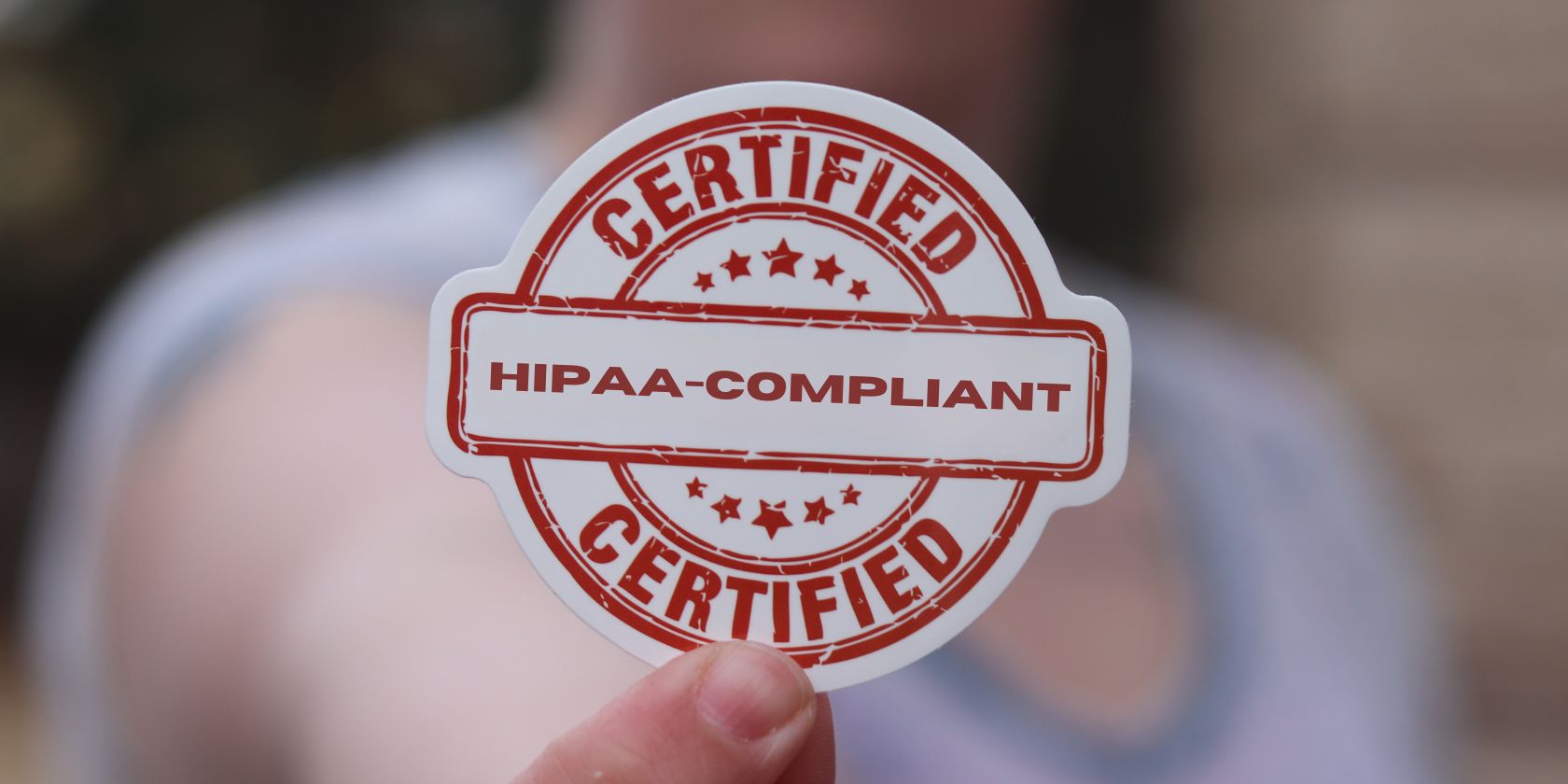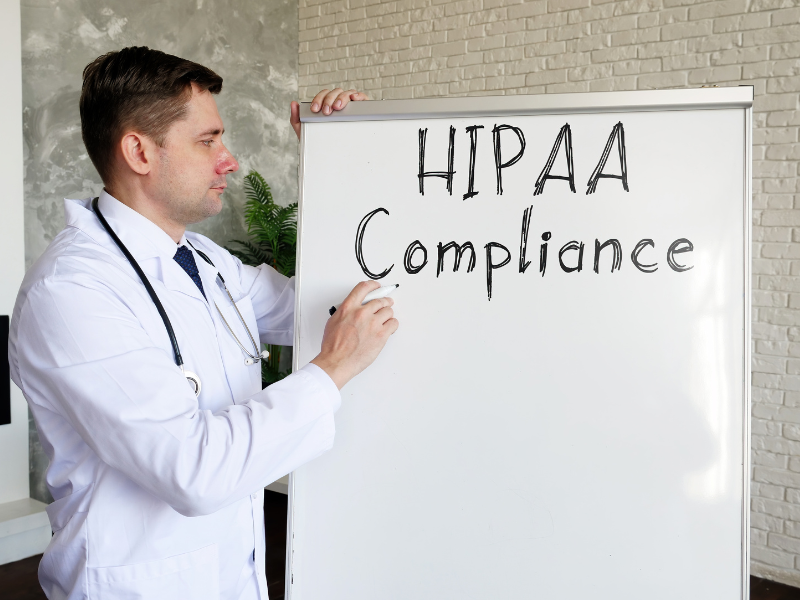Choosing a HIPAA-compliant vendor is crucial to ensuring patient privacy. These third-party vendors or service providers have access to protected health information (PHI). Therefore, they must meet the requirements to prevent unauthorized PHI access, usage, or disclosure.
This article provides guidance and insights for organizations seeking to engage with third-party service providers or vendors. It also lists the key factors to consider when choosing one and the necessary security measures to ensure that they are indeed HIPAA-compliant.
Table of Contents

What Is a HIPAA-Compliant Vendor?
A HIPAA-compliant vendor is a third-party service provider or business associate that handles PHI and, at the same time, meets the requirements and guidelines set by the Health Insurance Portability and Accountability Act, or HIPAA.
HIPPA-compliant vendors tend to implement the following:
- Access management: This involves various components, including user authentication, access controls, and audit logs. User authentication requires each platform or software user to have unique login credentials to maintain secure access.
- Data security: The most effective approach is employing end-to-end encryption (E2EE), which safeguards data throughout transmission and receipt, preventing unauthorized access.
- Data backup: Information backup and restore measures facilitate business continuity and ensure the uninterrupted delivery of quality patient care, especially during natural disasters or breaches.
- HIPAA Business Associate Agreement (BAA): Regardless of their security measures, vendors who fail to enter into a BAA with healthcare clients cannot be considered appropriate for handling business associate services.

Why Must Third-Party Vendors Comply With HIPAA?
HIPAA aims to address certain flaws in the US healthcare system, primarily focusing on laying out guidelines for protecting sensitive patient health information.
Thus, it is a must for third-party vendors and providers to comply with HIPAA to ensure:
- Higher levels of standardization: One of HIPAA’s primary goals is to streamline administrative tasks and create uniformity across the industry. To achieve this, healthcare organizations covered by the said federal law must adhere to specific standards, particularly when it comes to the exchange or disclosure of PHI.
- Safeguards for protecting PHI: Given the potential for identity theft and other malicious activities, the protection of PHI is paramount. Complying with HIPAA addresses this concern by legally requiring covered entities and their associates to implement robust safeguards and security measures to protect sensitive patient information from unauthorized access.
- Accountability and enforcement: Covered entities that fail to protect PHI can face severe consequences, including hefty fines and, in some cases, criminal penalties. The Department of Health and Human Services Office for Civil Rights (OCR) oversees the enforcement and investigation of reported HIPAA violations. Regular audits of covered entities and their business associates ensure ongoing compliance.
- Patient trust: Third-party vendors handle sensitive patient details. Therefore, it is only fitting for covered entities to choose a vendor or business associate that’s secure and trustworthy. Patients need to trust that their confidential health information won’t be at risk of being mishandled or disclosed without due consent.
Understanding the multifaceted nature of HIPAA and its implications is crucial for all entities involved in the healthcare industry to ensure compliance, maintain data security, and protect patient rights and privacy.

7 Tips When Selecting a HIPAA-Compliant Vendor
Here are seven essential recommendations when selecting HIPAA-compliant vendors:
- Verify a vendor’s HIPAA expertise: Many service providers claim to be “HIPAA-compliant” but only fulfill the minimum technical requirements. Look for evidence of their comprehensive HIPAA compliance, including policies, procedures, risk analysis, and employee training.
- Thoroughly review the vendor’s BAA: A fully compliant vendor should have a HIPAA-compliant Business Associate Agreement (BAA) readily available. Pay attention to any additional conditions not required by HIPAA, and be aware of the jurisdiction specified in the terms.
- Evaluate the SLA for HIPAA implications: Examine the Service Level Agreement (SLA) for provisions directly related to HIPAA compliance, such as system availability, data backups, recovery plans, data destruction, and responsibilities in case of security incidents.
- Confirm the designation of a HIPAA privacy or security officer: The chosen vendor must designate a high-level individual as a privacy, security, or HIPAA officer, demonstrating their commitment to compliance.
- Understand the vendor’s security incident handling process: Understand how the vendor manages and reports security incidents to customers, considering not all security incidents may involve data breaches.
- Ensure the existence of a Breach Notification Plan: Data breaches are unfortunately common in the healthcare industry. An effective breach notification plan is vital for ensuring compliance, mitigating risks, and reducing potential harm.
- Thoroughly check for flexibility and scalability: Check whether the vendor’s services have what it takes to handle PHI of large volumes. Your HIPAA-compliant vendor of choice must be able to adapt to your organization’s ever-evolving needs and requirements.
Following these recommendations can help you decide which vendor or third-party service provider to choose and whether they have what it takes to meet your specific needs.







